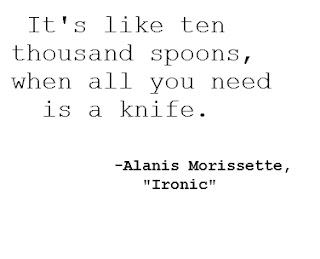One of the first books I ever loved follows the first-person perspective of a single character for about three years, and it’s so rich in detail that you live practically every day with the heroine. Except for that weird chapter that begins with a shocking sentence. In that sentence, the author skips ahead an entire year. Skipping time is an often-used fiction device, and it’s often jarring and upsetting. That’s probably because authors rarely do it really well.
Flashing Forward
In the book I’m making an example of, the narrator carefully details a year while living inside a very strange environment. The reader sees every detail, thought and spoken word unfold. I don’t think a single day is left out. Then all of a sudden, a year flies by. It’s just one sentence, and the first year took many chapters. No matter how you want to read it, that’s a jarring change of pace. It takes a few paragraphs to get back into the flow of things, after that. If your book is strong enough, you can always get over a rough spot.
...But why would you want to have a rough spot?























